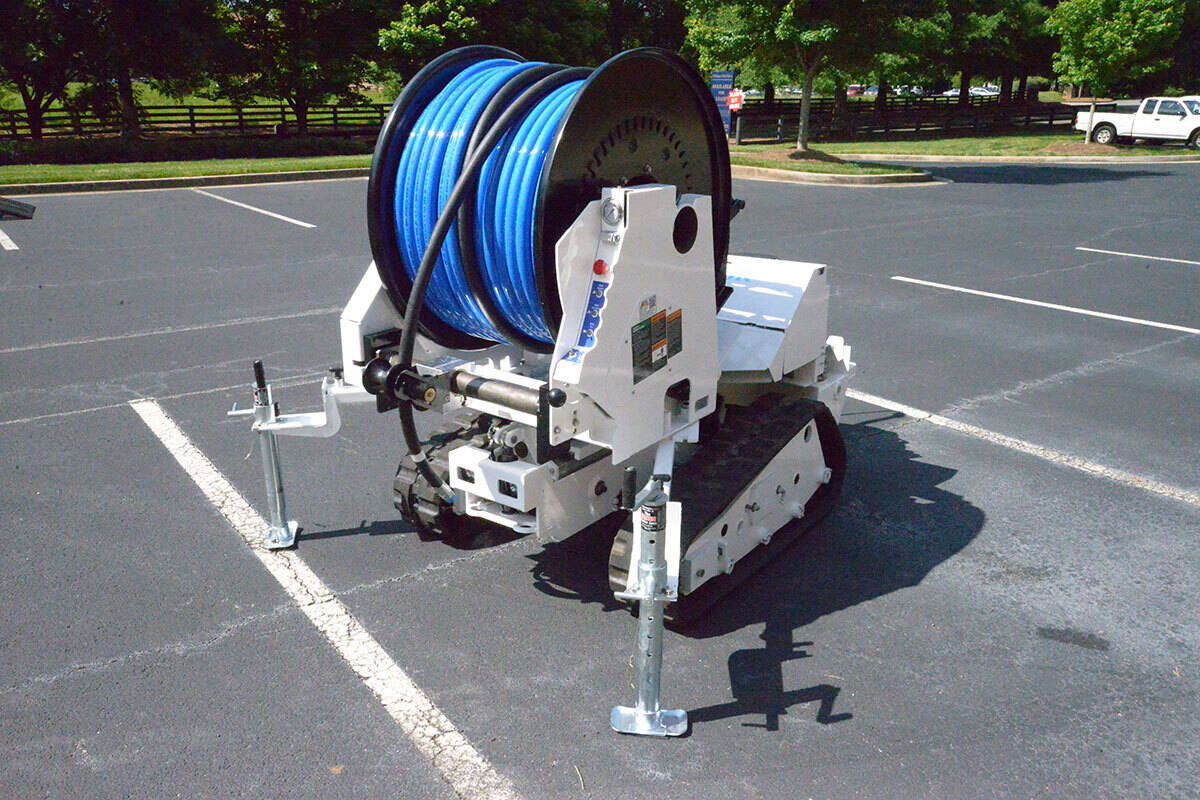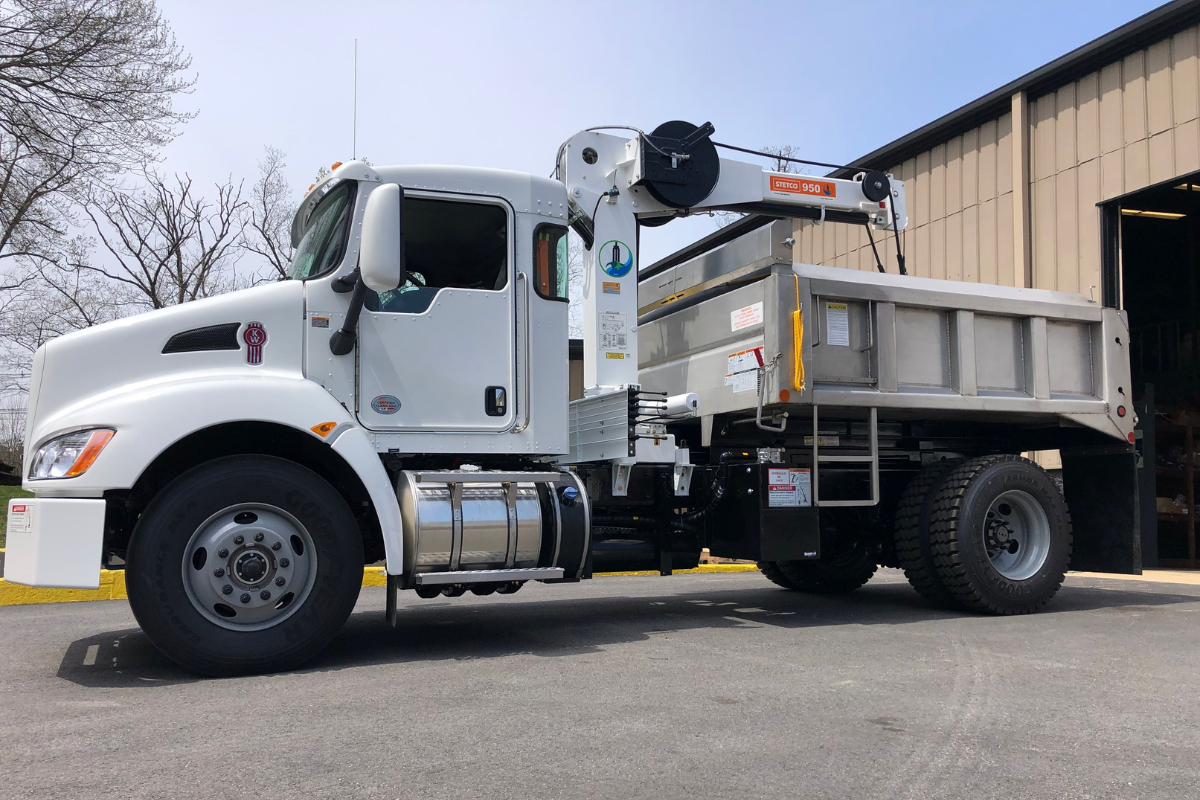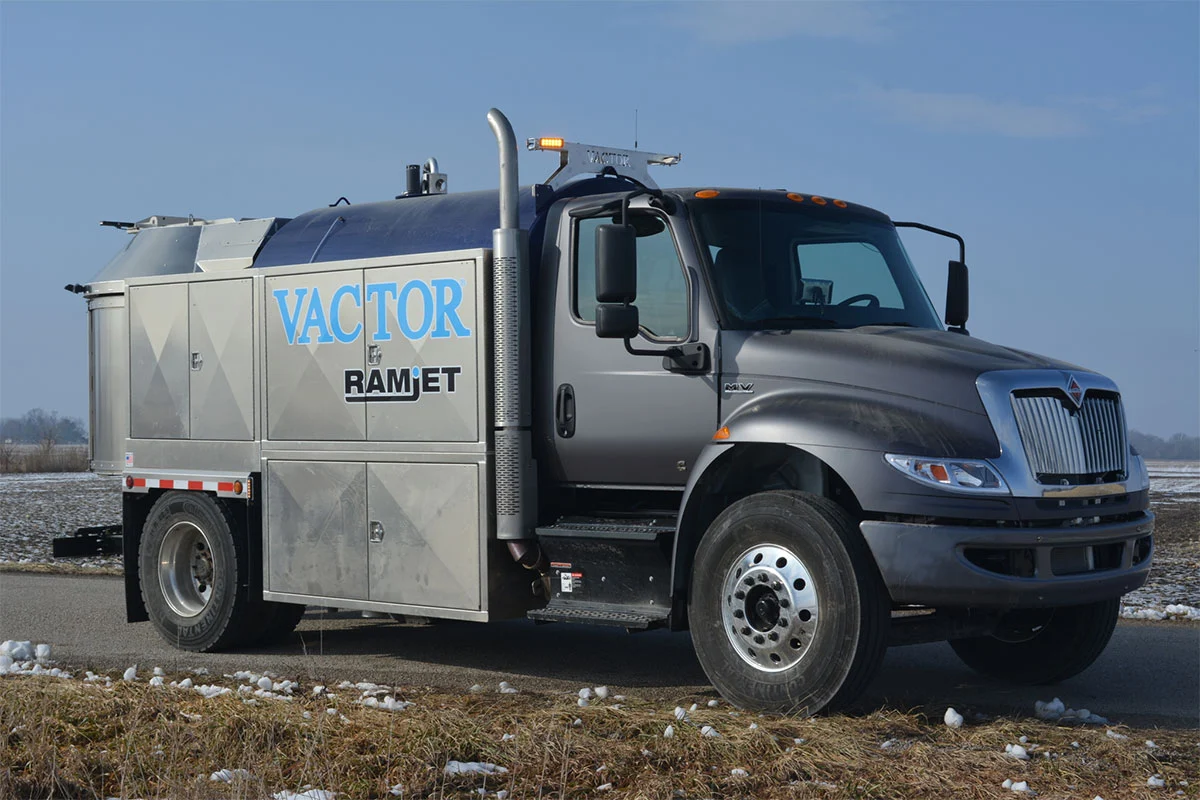Asphalt pavements help vehicles save fuel thanks to their smooth surface and lower rolling resistance compared to concrete. Cars use less fuel and experience fewer bumps on these roads, making asphalt a smarter choice for highways, parking lots, and residential neighborhoods. The natural texture of asphalt also adds safety by being slip-resistant, reducing risks in wet or icy conditions. Plus, smoother roads mean fewer vehicle repairs—a win for drivers. But maintaining asphalt is key to keeping these benefits intact, which is a difficult task in the Phoenix, Central Valley, San Diego, and Los Angeles areas. Ignoring repairs can lead to costly damage, potholes, and dangerous driving conditions. Tools like Thermo-Lay Asphalt Patch Trucks from Haaker Equipment make fixing roads faster and more efficient, helping stretch maintenance budgets while keeping roads in top shape.
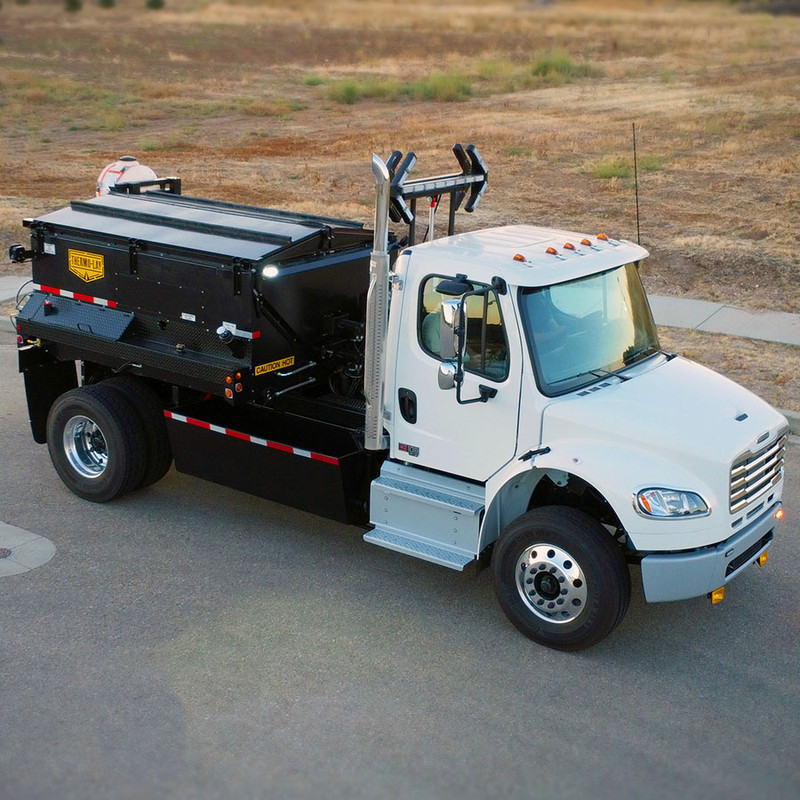
Thermo-Lay Asphalt Patch Trucks
The best way to fix asphalt is with more asphalt. Thermo-Lay Asphalt Patch Trucks provide reliable equipment that helps prevent water damage and slows further wear. These trucks combine multiple functions into one unit, slashing labor and equipment costs. With automated temperature controls, three size options, and the ability to remove and contain damaged asphalt on-site, Thermo-Lay streamlines the repair process. By replacing six workers and several tools with just two crew members and one machine, these trucks simplify roadwork. This not only reduces traffic disruptions but also creates a safer work site and allows for more precise repairs. Less downtime and faster fixes mean smoother results for commuters and safer conditions for everyone involved. Designed in 1977 by a street department superintendent, Thermo-Lay trucks have earned a reputation for durability and effectiveness. Decades later, they continue to provide permanent, efficient road repair solutions for communities everywhere.
Driving Costs
Maintaining roads in the U.S. isn’t cheap, and costs vary significantly depending on the type of road. For instance, federally-maintained high-clearance roads, often found in remote areas, can cost as little as $782 per mile annually. Meanwhile, the expense of maintaining New Jersey state highways soars to an eye-watering $208,736 per mile each year. Highways incur higher costs because they’re wider, accommodate heavier traffic, and experience more wear and tear than smaller, local roads.
In 2015, the U.S. National Highway System—spanning an extensive 220,000 miles—required an average of $28,020 per mile to maintain annually. That’s no small figure, but these roads are indispensable. They make everyday commutes, family trips, and the transportation of goods possible. Trucks that deliver groceries, medicine, and other essentials depend on well-maintained highways to ensure timely deliveries. Roads are more than pavement; they’re the backbone of modern movement and commerce. Until public transit options improve in reach and reliability, most Americans will continue relying on roads for travel. Keeping these networks in good condition isn’t just practical—it’s an absolute necessity to ensure safety and efficiency.
A Maintenance & Traffic Jam
Road maintenance is an expensive and worsening issue across the U.S., with a backlog reaching an estimated $420 billion. Every road requires specific upkeep based on its materials, surroundings, and level of use, leading to wide variations in costs. Yet, towns, counties, and states share the same challenge: they’re falling behind. David Hartgen, a transportation expert and author of the Annual Highway Report, points out that some states are slipping further into disrepair.
When roads deteriorate, the consequences go far beyond bumpy rides and potholes. Local drivers face higher repair costs due to vehicle damage, while businesses endure shipping delays and disruptions. Emergency responders may lose precious time navigating poor road conditions, potentially risking lives. Bad roads don’t just stay in one place either—traffic reroutes to alternate paths, increasing wear and tear on nearby streets. This ripple effect means repair costs grow exponentially, feeding into a cycle that adds to the backlog instead of reducing it. For many regions, the gap between funding and needs only widens, making real progress feel out of reach.
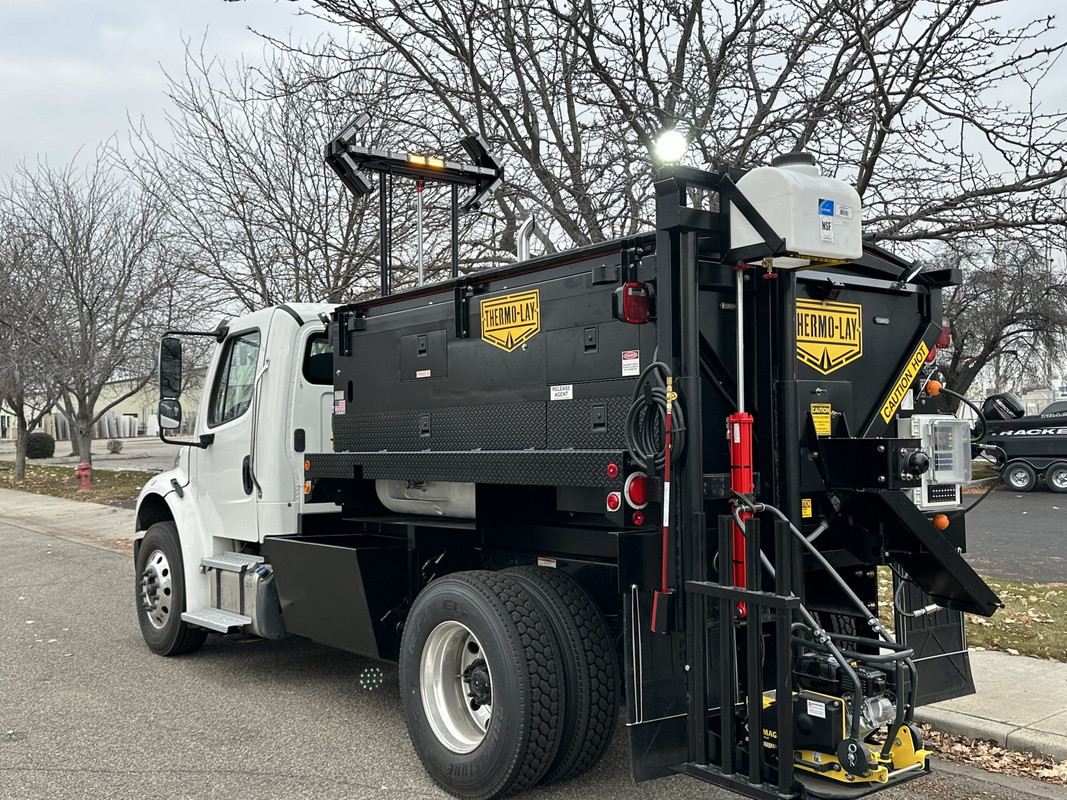
Road maintenance is essential for safety, efficiency, and cost-effectiveness. Neglecting it can lead to damaged vehicles, increased accidents, and higher repair costs. Poorly maintained roads also drive up long-term expenses, as small issues become bigger and more expensive to fix. Thermo-Lay Asphalt Patch Trucks play a key role in addressing road damage quickly and efficiently. These trucks provide a reliable solution for filling potholes and repairing road surfaces, reducing the need for frequent, costly maintenance and helping to keep roads in better condition while saving time and money. Haaker Equipment Company offers Thermo-Lay Asphalt Patch Trucks to meet your maintenance needs. Ready to learn more? Call us today at (909) 598-2706 or send us a message.

